Amid Rising Tensions, Hindutva Narratives Target Muslim Religious Sites in India
India is witnessing a growing wave of disputes over religious sites, with numerous claims alleging that mosques were constructed atop demolished temples. These controversies ignite communal tensions and also appear to target the Muslim community, placing it under sustained scrutiny and pressure. Many observers attribute these narratives to certain "Hindutva" ideological groups, which are orchestrating a deliberate campaign to erode Muslim heritage, foster division, and marginalize minorities.
The recent communal tensions in India revolve around two significant religious sites: the Shahi Jama Masjid in Sambhal and the Ajmer Dargah in Rajasthan.
Shahi Masjid Jama Masjid in Sambhal, Uttar Pradesh, a 16th-century mosque. A local court ordered an archaeological survey following a petition alleging that it was constructed over a Hindu temple. The order led to protests that escalated into violent clashes, leaving five people dead, allegedly due to police action. Protesters and victim families accuse law enforcement of using excessive force, while the police claim miscreants were responsible for the violence. The unrest has left the Muslim community deeply shaken, with many viewings it as part of a wider campaign to question their historical and cultural identity.
Meanwhile, in Ajmer, a petition claims that the dargah of Sufi saint Moinuddin Chishti was constructed over a Shiva temple. This claim, supported by references to old texts and carvings, has also stirred unrest. Both incidents highlight the ongoing disputes over religious heritage in India. Syed Sarwar Chishti, representing the Dargah Committee, decried these claims as divisive and damaging to communal harmony. This incident is not isolated. Across India, similar claims have been made against prominent religious sites.
The legal basis for such disputes stems from the Places of Worship Act, 1991, which prohibits altering the religious status of sites as they were in 1947. Despite the act's clear provisions, courts have entertained petitions seeking surveys to uncover the "original character" of certain structures. Critics argue that these actions undermine secular principles and pose a threat to the already fragile communal fabric of the nation.
Observers see a clear pattern in the swift filing of petitions and their acceptance by courts, raising questions about due process. Senior lawyer Colin Gonsalves criticized such actions as a deliberate attempt to undermine the Muslim community's standing in India, noting that these disputes ignore the contributions of Indian Muslims to the country's rich cultural and spiritual heritage.
The Babri Masjid in Ayodhya, Uttar Pradesh, stands as a significant precedent to current controversies like those involving the Shahi Masjid and Ajmer Dargah. Built in 1528 during Mughal Emperor Babur's reign, it became the centre of a major dispute when Hindu groups claimed it was constructed on a temple marking the birthplace of Lord Ram. The mosque's demolition in 1992 by right-wing activists led to widespread communal violence. The legal and political dimensions of this incident have since inspired similar disputes, intensifying tensions across India.
The escalating incidents have drawn concern from secular groups, activists, and legal experts. They call for strong measures to protect the rights and dignity of all religious communities, urging leaders and institutions to prevent such disputes from spiralling into further conflict. For many, these efforts represent a litmus test for India's commitment to its secular and democratic ideals.
Disclaimer
The views expressed in this article are the author’s own and do not necessarily mirror Islamonweb’s editorial stance.

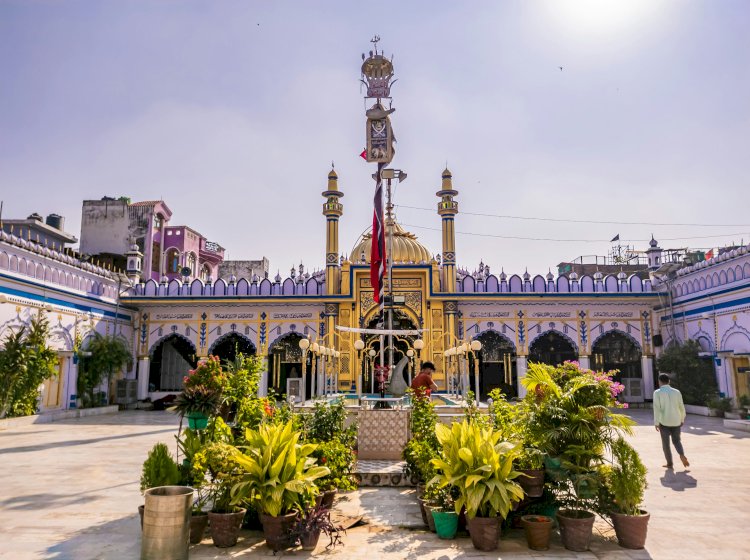




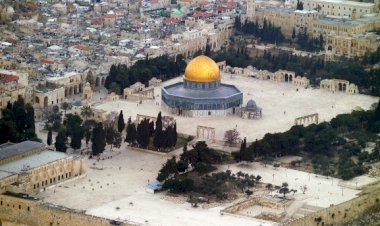
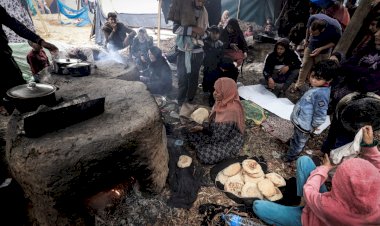
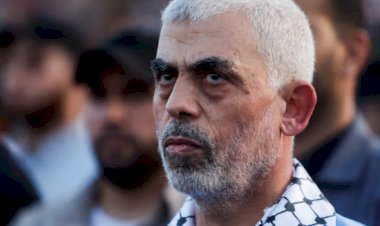
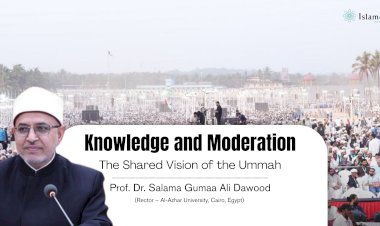














Leave A Comment